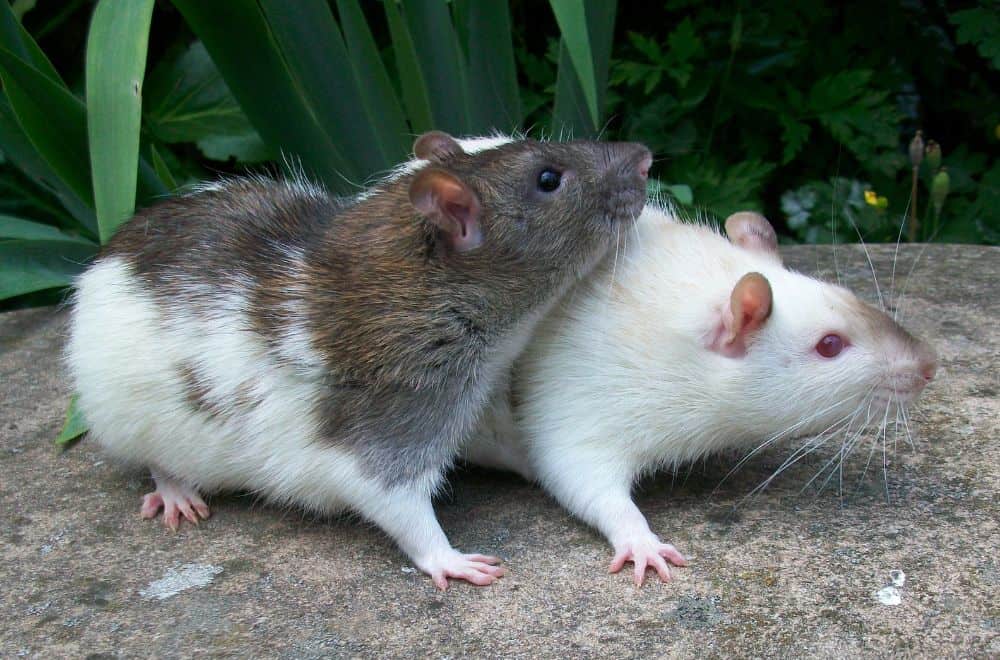Did you know your sense of smell affects the flavor of your food? That’s why you can’t taste anything when you have a nasty cold or flu. But while scent reminds humans to clean the house or take a shower, it can be life-threatening for animals. So … what smell do mice hate?
What Smell Do Mice Hate?
1. Ammonia
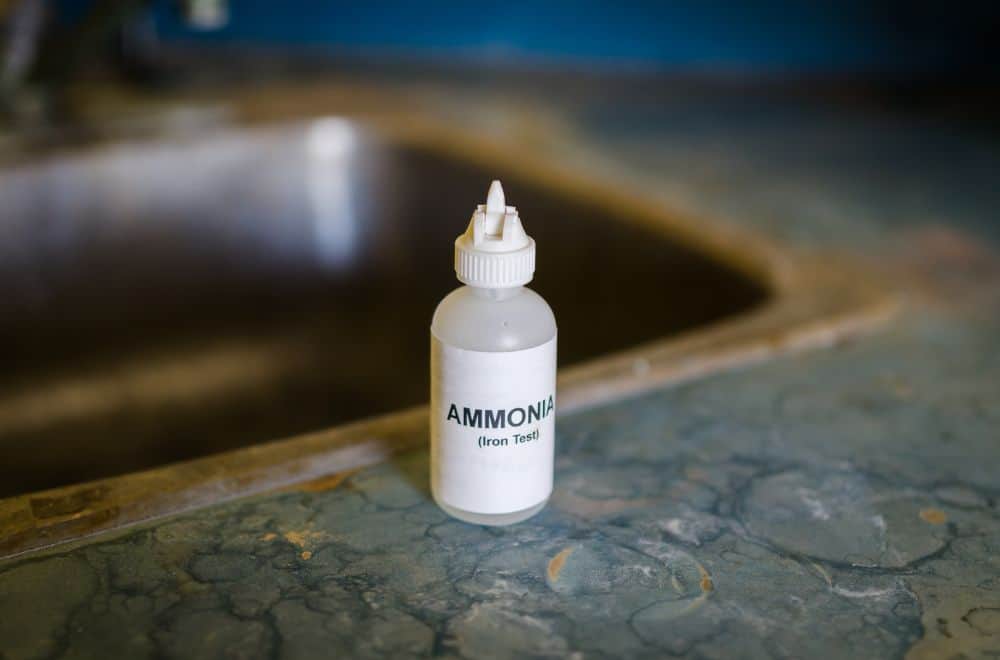
Mice are tiny creatures, and about 1% of their DNA is connected to scent requirements. They have around 10M olfactory neurons. They even have a vomeronasal organ (aka the VNO). It’s a kind of ‘second nose’ dedicated to pheromones. But what smell do mice hate specifically?
With so many scent cells, many harsh smells can irritate a mouse enough to chase it away, and ammonia is high up there. You can find it in cleaning products, manure, commercial fertilizers, and concentrated urine. But use it carefully since it can be toxic to humans as well.
2. Bleach
Cleaners and neat freaks love bleach because it seems to magically diminish stains. But here’s a fun fact … bleach doesn’t necessarily remove the dirt. Instead, it attacks the color of the stain, making it invisible! That’s why you still need to wash those items with detergents.
But remember, never use bleach and soap in the same bucket or wash cycle. That’s DIY mustard gas, which can be lethal and explosive! Still, if you want to repel mice, just spray a little bleach in the areas where they hang out. But wear gloves and a mask while you do it.
3. Botanicals
What exactly are botanicals? The word is a lot like organic, anti-oxidant, or essential oil – in the sense that it’s now a meaningless cliché. But technically speaking, botanicals are any medical or cosmetic product made of plants. They often have strong floral or herbal scents.
That’s where the key lies because many of these aromatics are derived from smells that mice hate. Branded scent pouches like Stay Away and Fresh Cab combine concentrated derivatives of balsam fir oil and other plant fibers. They’re cute, easy to use, and require zero clean-up.
4. Cedar
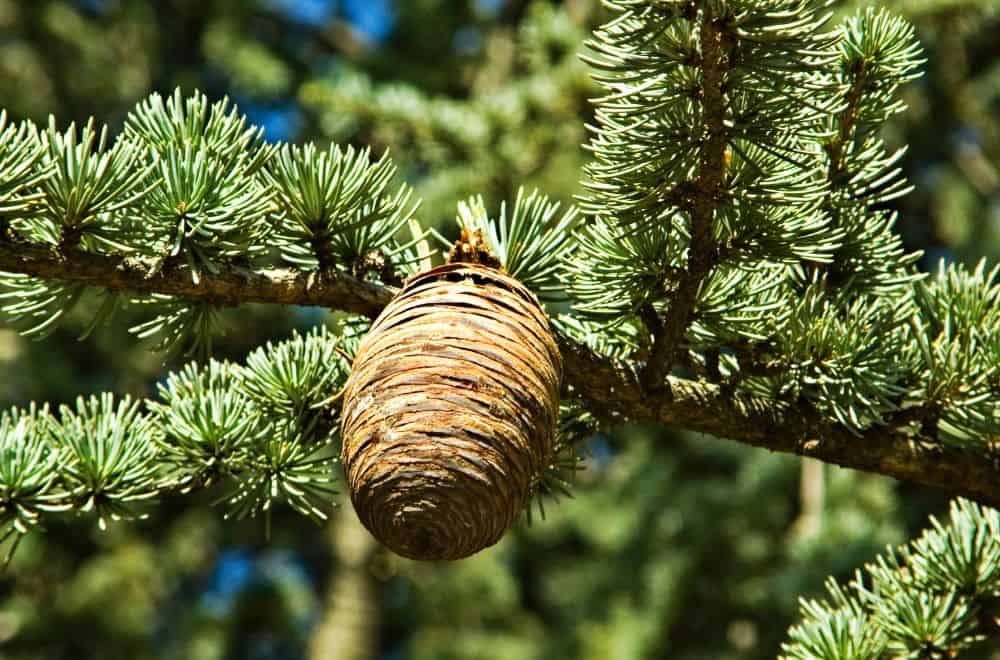
Cedar is a coniferous tree, which means it has cones or conifers. Most coniferous trees are evergreen, so they keep their vibrant green needle-like leaves all year around. They don’t shed in the fall or winter. And most of them have a strong, sweet scent that’s refreshing.
This smell comes from terpenes, and cedar is especially powerful so it’s high on the list of smells that mice dislike. You can plant cedar hedges around your home since they can thrive in many climates. But you can also use cotton balls dipped in cedar oil, or use cedar shingles.
5. Chilli
Chili is a flavor that your body interprets as heat. Its active ingredient is capsaicin, and you can find it in lots of plants ranging from jalapeños to pepper plants. Scientists believe these plants evolved capsaicin to discourage animals from eating them, so its aroma is effective.
Rodents and other wildlife know the fruits, leaves, seeds, and placentas of these plants can ‘burn’ so they avoid them. And since the scent is so distinctive, planting pepper or chili in your garden can be a gorgeously colorful deterrent. Chili essential oil is equally workable.
6. Cinnamon
The scent of cinnamon is as distinctive as the smell of chili, even though it’s on the other side of the spectrum. And just like chili, small amounts can be desirable for humans while larger doses are often uncomfortable #CinnamonChallenge. You shouldn’t be eating dry spoonfuls!
But for mice, you have lots of options. You can sprinkle cinnamon powder in the areas where they hang out, or dot the area with infused teabags. You can also make a cinnamon spritz or use cotton balls soaked in cinnamon oil. You could even place dried cinnamon sticks around.
7. Citronella
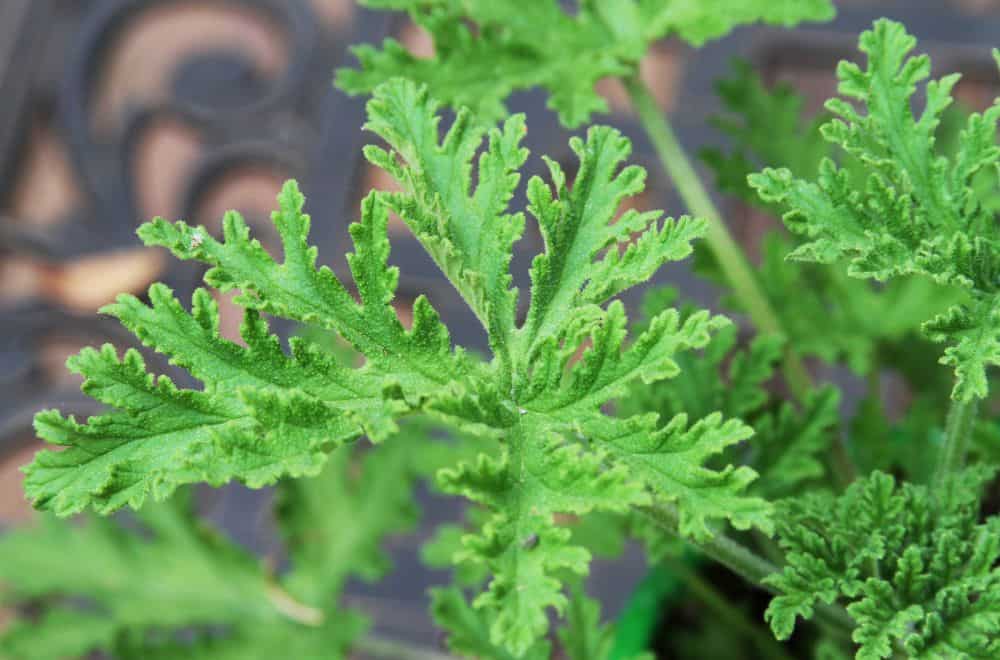
We’ve just talked about cinnamon sticks, which are basically dehydrated cinnamon barks. That’s what makes them curl up. But citrus has a pretty strong scent as well, which is why it’s a popular choice for cleaning products. Tons of citrus derivatives are repellent to rodents.
These include lemons, lime, oranges, and grapefruit. Citronella is extra aromatic, and it comes from lemongrass. It’s good for keeping mice and mosquitoes away, and it tastes great in your tea. You can use lemongrass teabags, essential oil, or just plant some in the garden.
8. Cloves
Cloves are a curious spice. They’re usually sold as dry flower buds that look like tiny twig torches with a ball on top. And they smell sweet and syrupy, but if you chew one whole, the taste is overwhelming and can veer toward the bitter side of your palate. Quite unexpected!
While it’s soft and pleasant to the human nose, it overwhelms those miniature mousy senses. You can grind cloves and sprinkle the powder in target areas, use clove teabags, burn clove incense sticks, place toasted cloves in cute bowls, or dip cotton balls in clove essential oil.
9. Dryer Sheets
If you read any list of laundry tips, you’ll be amused by all the clever uses for dryer sheets. We upcycle them so often that we sometimes forget their primary purpose is softening your laundry! Initially, they’re designed to eliminate static in your dryer and make it smell nice.
But the reason they work so well as mouse repellents is their infused aromas. Dryer sheets are saturated with fragrances, fabric softeners, and lubricants that will overpower mousy olfactories and send them running. Place a few sheets strategically in mouse-infested areas.
10. Eucalyptus
Koalas are impossibly cute and cuddly, but their pretty privilege hides a lot! Their natural grunts are disturbing, they sleep all day, have human fingerprints, and have double gonads. (Yes, that means koalas have two penises and two vaginas … and they can catch chlamydia!)
Also, they’re marsupials, so they have pouches like kangaroos. And they eat eucalyptus a lot, which is why we’re talking about them – eucalyptus is toxic to other animals. The scent of this plant is unmistakable, and can even be off-putting to some humans, but it’s a good repellent.
11. Garlic
Have you noticed recipes always use too little garlic? Anyone that loves this herb knows cooking with one or two cloves will barely make a dent on your taste buds. Ideally, you want a dozen or more, with twenty being the safest bet! Some people do their calculations in bulbs!
But those writers aren’t flavor-challenged. They’re just erring on the mild side, so if you enjoy garlic, triple whatever is recommended on the recipe card! What about mice? Well, like vampires, they dislike the aroma, so you can plant garlic, mince it, or use some powder or oil.
12. Lavender
At craft stores and baby shops, lavender is a pretty pale purple. It’s also a lovely edible flower and a favored scent for everything from perfumes and detergents to diffusers and teabags. Mice hate it though, so it’s a good repellent. Try using lavender-scented cleaning products.
You can also plant lavender in your lawn to keep mice from visiting your flower beds. Inside the house, a bowl with dried lavender buds can be helpful. Or you can hang lavender teabags in areas that mice use to enter the house. Lavender incense sticks and candles can work too.
13. Mothballs
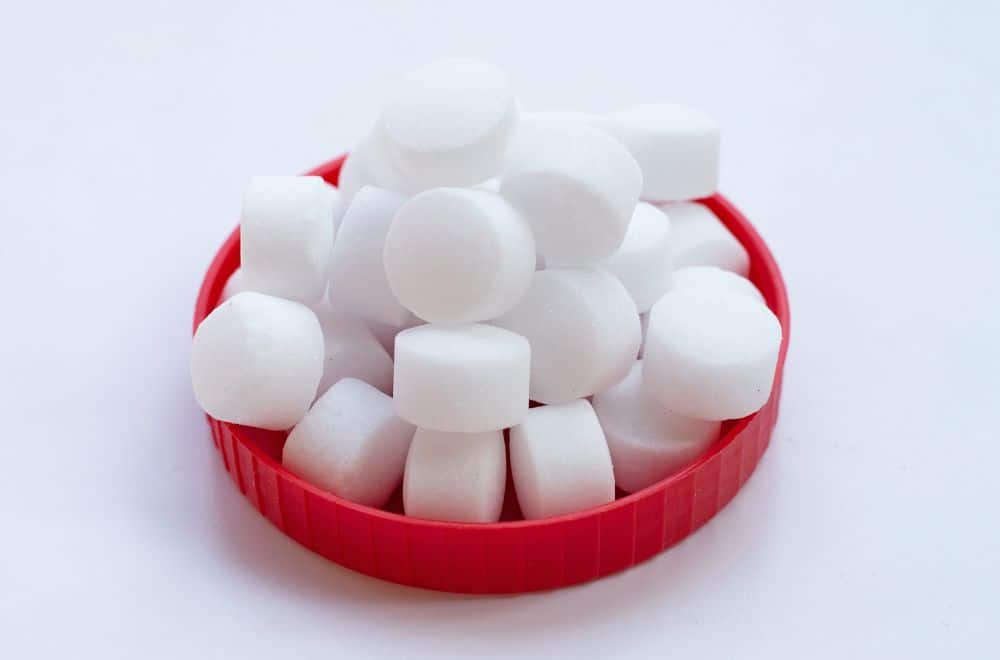
Mothballs are made of naphthalene, a chemical with a very strong smell. As the name suggests, it was mainly invented to keep moths out of your closets. But mice hate the smell of mothballs as well, so you can hang them in spots where you’ve seen lots of mouse droppings.
That said, many humans dislike the smell of mothballs, so use them with care. They can cause respiratory irritation, especially in enclosed spaces. You can soften the scent effect by stuffing them in socks first, but that’ll make them equally mild for the mice, so it’s a gamble.
14. Onions
If plants were sentient, they’d probably think humans are really annoying. After all, plants develop all these adaptations to stop animals from eating them, then we come along and decide it makes them taste better! Spicy hot chillis are one example. Tear-jerking onions are another.
When wildlife bites onions, they get teary and their eyes hurt, just like us. So mice know enough to stay away. Plant some onion bulbs in high-risk areas or scatter onion peels wherever you see mice. You can also use onion oil, onion soup, or onion powder as a repellent.
15. Peppermint
Lots of us love minty toothpaste (and mojitos), but did you know over 20 types of mint exist? Most of them have smells that mice hate, but that refreshing whiff is pleasant to humans. It works well at keeping mice away, and there are endless ways to deliver that sweet minty hit.
You can plant mint as an ornamental herb. It doubles as a household spice, so that’s a nice bonus. Other options include mint oil-infused cotton balls, peppermint teabags, minty candy bowls, peppermint diffusers, minty air fresheners, or even store-bought mint repellent packs.
16. Pheromones
You can buy predator pheromones from pet stores and animal experts. They have various uses such as facilitating breeding, calming anxious animals, and yes – deterring pests. Cat pheromones are available from vets, but you can also get coyote urine or owl pheromones.
Another option is to indirectly introduce predator-related scents. You could scatter hawk or owl feathers to trick mice into thinking these birds are around. Or spread (lightly used) kitty litter, though the smell is noxious to humans. Planting catnip works if you don’t mind strays.
17. Vinegar
What smell do mice hate, and why do we care? Well, it might be our uneasiness with actually killing the mice. After all, they’re really cute, some people keep them as pets, and they’re top experimental helpers in medical labs. So it may feel kinder to chase them away humanely.
Vinegar is useful as a cleaning agent because it can get rid of just about any stain, especially if you combine it with baking soda. But it’s a smell that mice (and some humans) hate, so it’s convenient. Just don’t use Substitute Vinegar, since its milder scent is less effective on mice.
Repelling Rodents Rapidly
We often mistake mice for rats, though it’s easy to tell them apart if you know what to look for. That said, they’re genetic cousins, and they’re similar enough that they dislike the same smells. Do you know any other smells that mice hate? Tell us about them in the comments!
